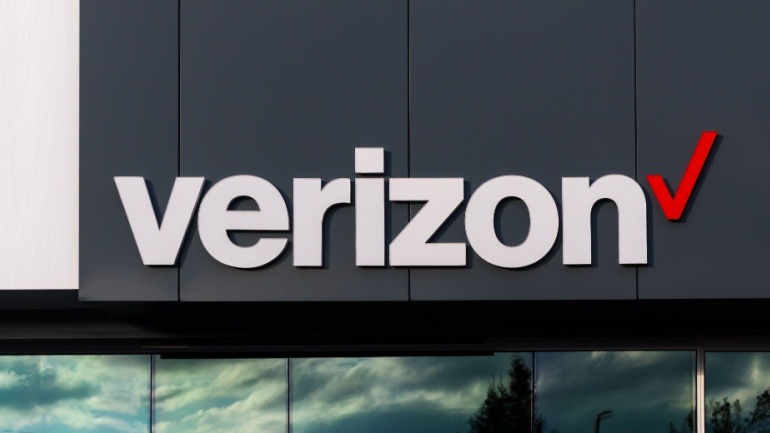Samsung and NTT Docomo are combining forces to propel AI research and innovation within the telecommunications sector, setting the stage for 6G technology. This strategic partnership aims to elevate network quality and service, ensuring seamless VoIP communication even in challenging signal areas.
Ericsson has captured Viettel’s 5G deployment contract in Vietnam, marking an exciting era for VoIP technologies. This 5G upgrade, indispensable for modern VoIP communication systems, promises robust high-speed connectivity. The collaboration with Viettel is positioned to elevate Vietnam’s digital infrastructure.
Equinix has unveiled a staggering $15 billion initiative in collaboration with Singapore’s GIC and Canada’s Pension Plan Investment Board to enhance its U.S.-based xScale data centers. This venture is pivotal for supporting AI workloads.
Ooredoo Group’s new QAR 2 billion financing deal highlights their innovative approach in the growing MENA market for data centers and AI. This partnership involving QNB, Doha Bank, and Masraf Al Rayan emphasizes Ooredoo’s commitment to developing cutting-edge infrastructure and advancing digital transformation.
BT has unveiled its Global Fabric platform, a cutting-edge network-as-a-service (NaaS) solution designed to support the rising demands in AI and multi-cloud environments. With over 45 Points of Presence (PoPs) across carrier-neutral data centers globally, expanding to 140 locations by 2025, Global Fabric ensures secure, rapid scalability for businesses.
Vodafone and Three UK are actively opposing the CMA’s provisional findings on their merger proposal. They argue that the merger will enhance competition, benefit consumers, and drive an £11 billion investment in the UK’s digital infrastructure, including 5G expansion.
Qualcomm Technologies and STMicroelectronics are set to revolutionize industrial IoT applications with an integrated Wi-Fi/Bluetooth/Thread SoC and STM32 microcontroller combo. These joint offerings aim to streamline development, enhancing seamless connectivity and edge AI on STM32 MCUs.
Snom has launched the M56 mobile phone, designed for tough work environments. With its dustproof, waterproof casing, antibacterial surface, and large keypad, it’s ideal for use with gloves. The M56 offers 12 hours of HD call time, Bluetooth support, and advanced safety features like an alarm button and torch, making it perfect for lone workers.
A Verizon network outage caused widespread disruptions across the United States on Monday. Customers reported issues from California to New York, with concentrations in cities like Chicago and Phoenix. Verizon acknowledged the problem and initiated immediate recovery efforts.
The longstanding peering relationship between Deutsche Telekom and Meta, the company behind Facebook, has collapsed in a dispute over network fees. Deutsche Telekom accuses Meta of leveraging its power to undermine the telecom sector, while Meta claims Deutsche Telekom jeopardizes net neutrality.













